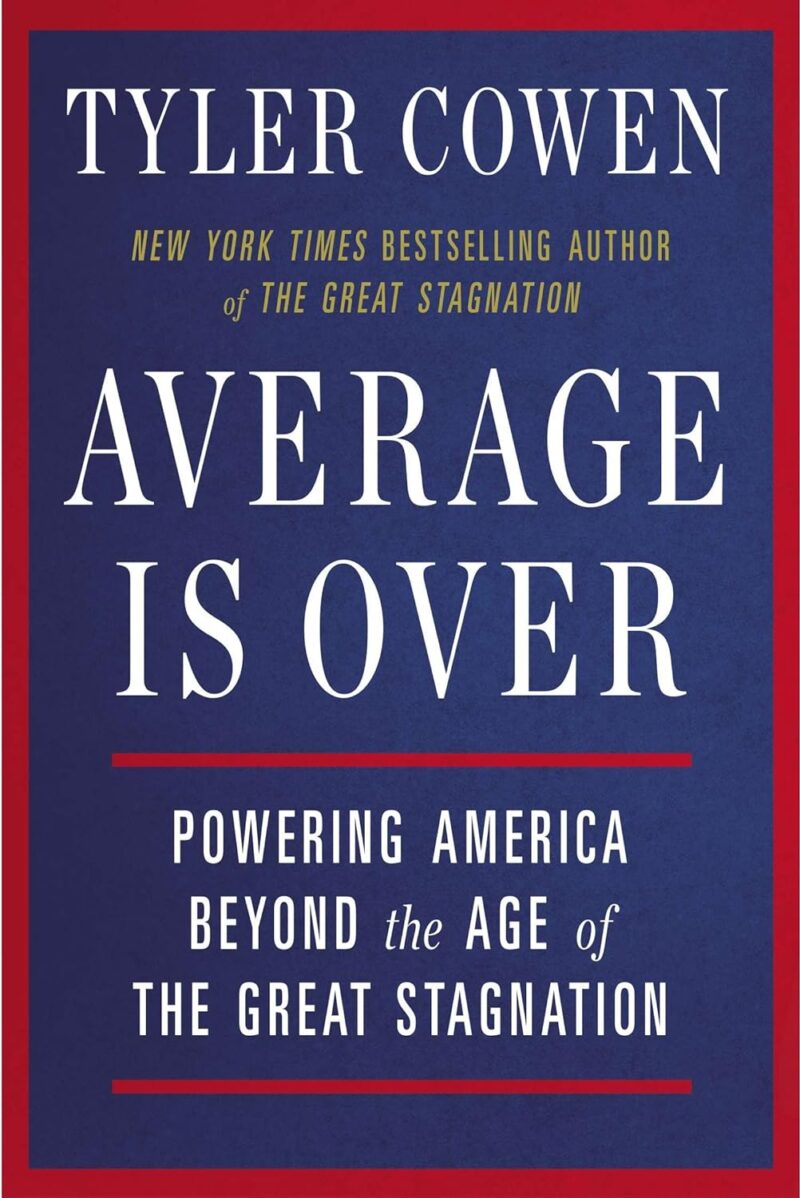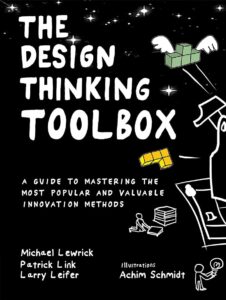"Technological Tides: Navigating the Divide Between Excellence and Mediocrity"
"Average is Over" by Tyler Cowen explores the impact of technology on society, emphasizing the widening gap between the productive and average, with Apple exemplifying modern innovation.
Subjects: Artificial Intelligence
In an era where technology and artificial intelligence are rapidly transforming the landscape of our daily lives, Tyler Cowen’s “Average is Over: Powering America Beyond the Age of the Great Stagnation” offers a compelling and insightful look into the future of the American economy and its global implications.
Cowen’s central argument is that we are moving away from a society where the average was acceptable. In the age of technology, being average no longer guarantees a comfortable life. Instead, the divide between the highly productive and the less productive is widening, leading to significant economic and social implications.
One of the strengths of Cowen’s work is his ability to weave in real-life examples that bring his arguments to life. Consider his mention of Apple, a company at the forefront of technological innovation. Apple’s success isn’t just due to its innovative products but also its ability to harness the power of artificial intelligence and machine learning to create personalized experiences for its users.
Apple: A Testament to Modern Innovation
Apple stands as a paragon of modern technological advancement and globalization. Cowen uses Apple as an exemplar to illustrate the confluence of computers, the internet, communications, and artificial intelligence. The iPhone, one of Apple’s flagship products, encapsulates the essence of this convergence. As Cowen mentions, “The iPhone is made on a global scale, and it blends computers, the internet, communications, and artificial intelligence in one blockbuster, game-changing innovation.” This device, which would have been the most powerful computer in the world as recently as 1985, showcases the rapid pace of technological evolution.
Furthermore, Apple’s production process for the iPad provides a glimpse into the intricate web of global cooperation. Cowen describes this process as a “virtually miraculous pattern of economic cooperation.” The production of an iPad involves a vast network of contributors: from designers in Cupertino, California, to hard drives from Toshiba (a Japanese company producing in the Philippines and China), computer chips from Taiwan, and final assembly in China. This is complemented by marketing and retail expertise from various parts of the United States.
This intricate production process underscores the increasing importance of teamwork in the modern workplace. As Cowen states, “The teamwork required to divide up a larger project into pieces requiring different skills in order to produce a better result has been a critical part of successful economies since Plato and Xenophon started talking about it thousands of years ago.” Apple’s ability to harness this global teamwork and division of labor is a testament to its success and its role as a leader in the tech industry.
Cowen also delves into the world of online dating, citing platforms like eHarmony. These platforms use complex algorithms to find potential matches, emphasizing the role of technology in even the most personal aspects of our lives.
In a particularly poignant section, Cowen discusses the implications of automation, stating, “automation, 91–92, 111–13, 117.” Here, he highlights the increasing role of machines in sectors previously dominated by humans. The rise of ATMs, for instance, has transformed the banking sector, reducing the need for human tellers.
Cowen’s prose is filled with memorable quotes that encapsulate his arguments succinctly. Consider the following:
– “In the age of the Infovore, the power to harness information is the key to prosperity.”
– “The Great Stagnation was but a temporary blip in the relentless march of technological progress.”
– “Average was the past. Excellence, powered by technology, is the future.”
The Future Landscape
Cowen doesn’t just paint a picture of the present; he provides a roadmap for the future. He discusses the potential of areas like machine science, the challenges of regulatory issues in an AI-driven world, and the transformation of sectors like education. His mention of the “Emporium education model” hints at a future where education is more personalized, driven by technology, and perhaps even devoid of the traditional classroom.
Conclusion
Cowen’s masterful blend of research, real-life examples, and forward-looking insights make this a must-read for anyone interested in understanding the future of our world.
In a world where the pace of change is accelerating, Cowen’s voice is one of reason, offering both a warning and a guide on how to navigate the future. Whether you’re an economist, a technologist, or just a curious reader, “Average is Over” is a book that will challenge, inform, and inspire.
#Tyler Cowen, #Average is Over, #technology, #society, #productivity, #innovation, #Apple, #economic divide, #future, #AI-driven world




